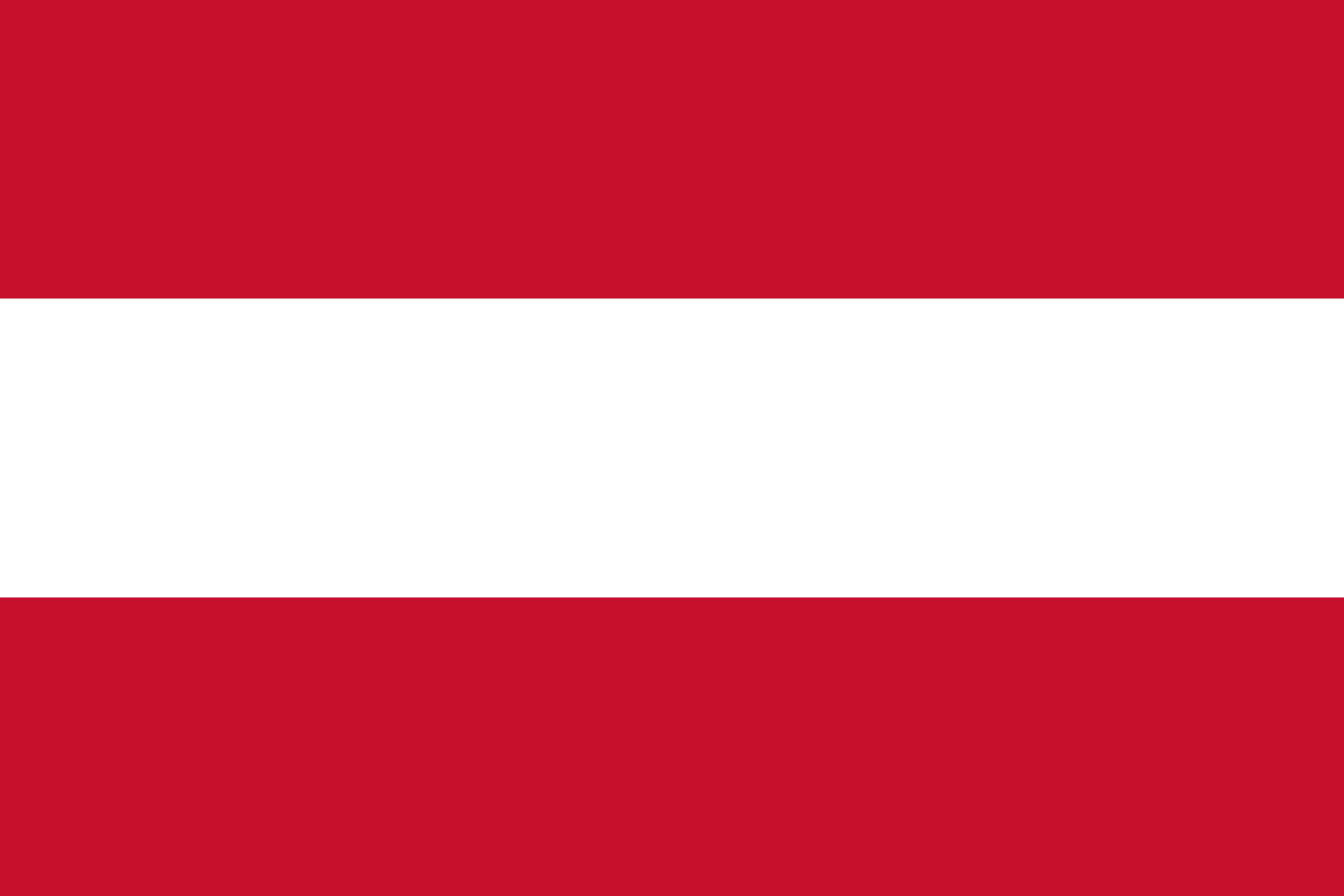Skip to Main Content
Austria



Disability Definition
The Federal Constitution Act contains no definition of who should be responsible for the issue of disability. Many federal and Länder acts contain legal provisions which are of significance to people with disabilities. These acts have varying objectives and thus contain numerous different definitions of disability. In the field of the disability equality, for example, it is a question of comprehensive (in as far as this is possible) protection in the area of the federal administration, and in access to and the provision of goods and services which are available to the public. The Public Employment Service, on the other hand, supports people who have difficulty in gaining a foothold in the labor market due to their disability.
The 2010 Assessment Regulation created modern medical criteria and parameters to determine the extent of a disability during an examination by medical experts. The assessment of the extent of a disability or the severity of a disability has a particular effect on the individual offers of subsidies and support provided by the BMASK and the Federal Social Office. Disability as defined by this regulation is “the effect of a non-temporary physical, mental or psychological impairment or an impairment of the senses which makes participation in the life of society, particularly in normal working life, difficult.
Legislation
Federal Law on the Equality of Persons with Disabilities (BGBl. I Nr. 82/2005) facilitates equality, equal rights and opportunities for disabled people was adopted on August 10, 2005 and came into force at the beginning of 2006 with the goal of removing or preventing discrimination and thus guaranteeing the equal participation in social life for persons with disabilities and enabling them to lead a self-determined life. The ban on discrimination also covers people with a close relationship to a disabled person such as parents, friends, teachers or personal assistants. Austria – Federal Law on the Equality of Persons with Disabilities (BGBl. I Nr. 82/2005).
The general labour law principle prevents the employer from treating any of its employees worse than the other employees in a comparable situation, unless an objective reason is given. There are no specific protections based on gender orientation or identity (such as for transgender individuals), race or disability. Discrimination on these grounds falls under the regime of the GlBG and the BEinstG. Employment and employee benefits in Austria: overview | Practical Law (thomsonreuters.com)The UN Convention on the Rights of Persons with Disabilities came into force on 26 October 2008. National Action Plan on Disability has been drawn up In order to implement this Convention.
Employer Legal Requirements
According to section 1 of the Disability Employment Act (BEinstG), an employer with at least 25 employees must employ a person with a disability for every 25 people that they employ. For every disabled person not employed a compensation (Ausgleichstaxe) must be paid by the employer to the Federal Office for Social Affairs and Disabled Persons (section 9, BEinstG). Access the details and specific payment requirements: Compensation and Tax Premium
Employment and employee benefits in Austria: Overview
Employers’ data protection obligations
Employers must comply with the GDPR. For example, personal data must be processed lawfully, fairly and in a transparent manner in relation to the data subject and only collected for specified, explicit and legitimate purposes and not further processed in a manner that is incompatible with those purposes. Personal data must also be adequate, relevant and limited to what is necessary in relation to the purposes for which they are processed (Article 5, GDPR). Practical Law (thomsonreuters.com)
Accessibility Requirements
The public sector, including employers, European Union Accessibility Directive 2016/2102 OF THE EUROPEAN PARLIAMENT AND OF THE COUNCIL of 26 October 2016 on the accessibility of the websites and mobile applications of public sector bodies. This includes WCAG 2.0 Level AA verbatim without modifications for Web content, and WCAG 2.0 Level AA as interpreted by WCAG2ICT for non-Web documentation and software.
Cultural Norms
People with disabilities have access to adequate and affordable healthcare in Austria due to socialist healthcare policies, but the country has a ways to go in terms of disability self-advocacy: “Austria is a traditional, rather conservative welfare state,” says senior lecturer Dr. Ursula Naue of the University of Vienna. “What is striking in comparison to other countries, is that there are only a few influential groups where persons with disabilities represent themselves and speak for themselves. Organisations where people without disabilities act and speak on behalf of disabled people dominate the scene.”
Reference: Disability across the world: living with a disability in Austria | Disability Horizons
Insights
According to a microcensus survey carried out on behalf of the Ministry of Social Affairs by Statistics Austria between October 2007 and February 2008, approximately 20.5% of the resident population in private households in Austria have a permanent impairment. This represents a total of around 1.7 million people.
Reference: National Action Plan on Disability 2012 – 2020
Unemployment among people with disabilities is about two times higher than among the general population. Recently, a business network that focuses on awareness of the needs of disabled people within work has been established. It involves high-profile corporations in Austria, such as REWE, IBM and Bank Austria.
Reference: Disability across the world: living with a disability in Austria | Disability Horizons
Supplier Diversity
Although employers operating in Austria have supplier diversity programs, we do not have any partners with international supplier certifications programs in this country at this time. Please let us know if you have any updates we should post.
NGOs
Equalizent – Equalizent provides education and counseling using Austrian Sign Language and German
MyAbility – The first and largest inclusive job platform in Austria. Job seekers get the opportunity to apply equally so the focus is on skills and not disabilities. This platform allows employers to advertise their job advertisements on the job platform
Public Employment Sercie Austria (AMS) – Provides general information about the Public Employment Service. Geared towards employing women in leadership
Business Practices/Examples
Talent Sourcing Resources
Netzwerk Berufliche Assistenz provides six professional assistance services are currently combined under the umbrella brand NEBA, which are implemented by over 200 providers across Austria. This includes an employer assistance network for talent sourcing.
